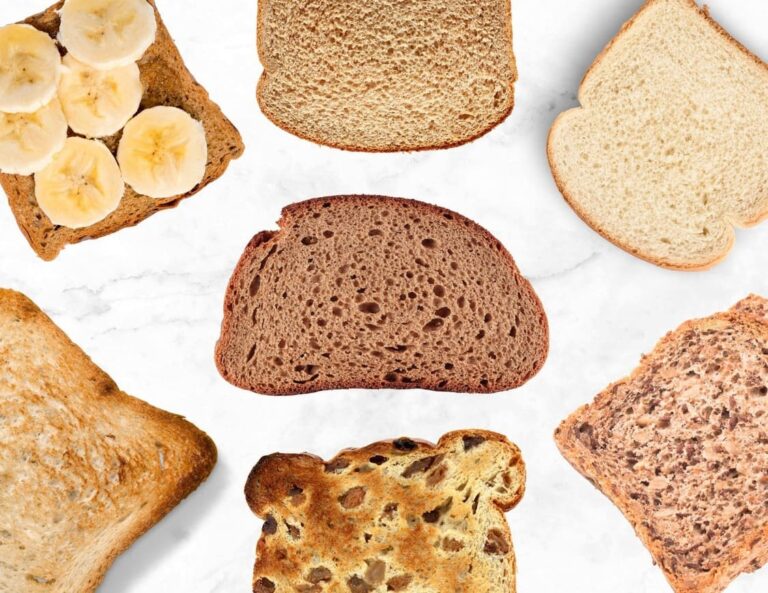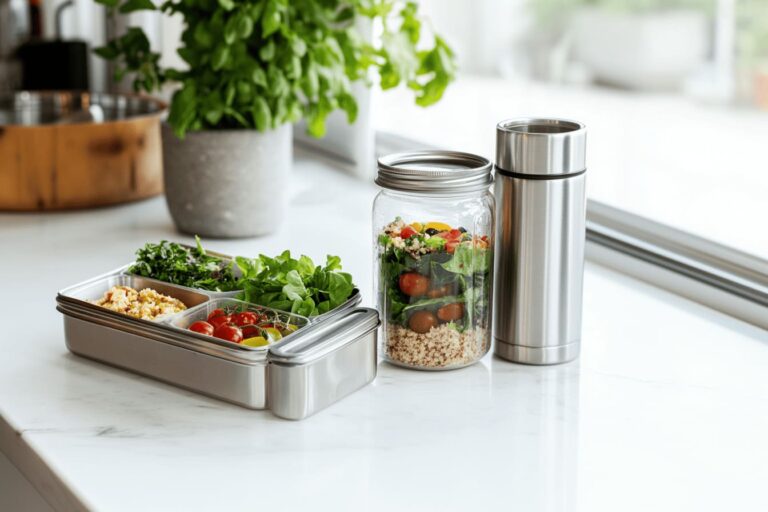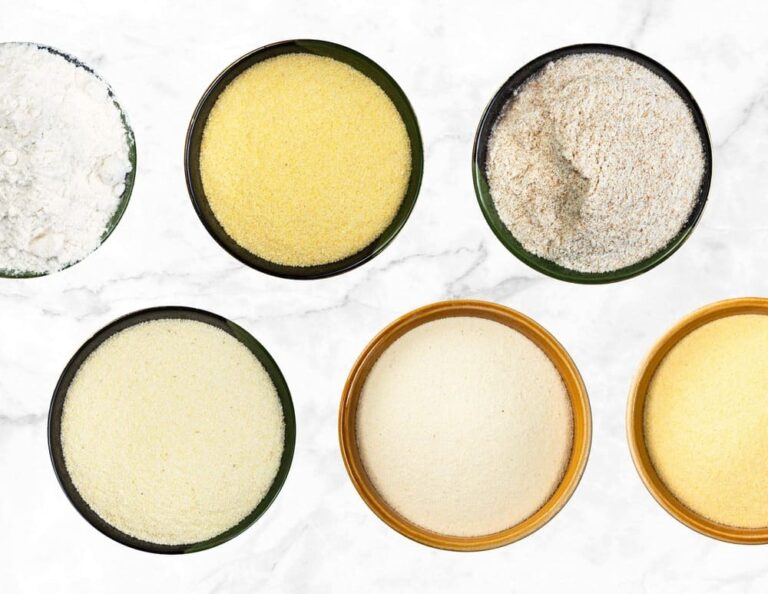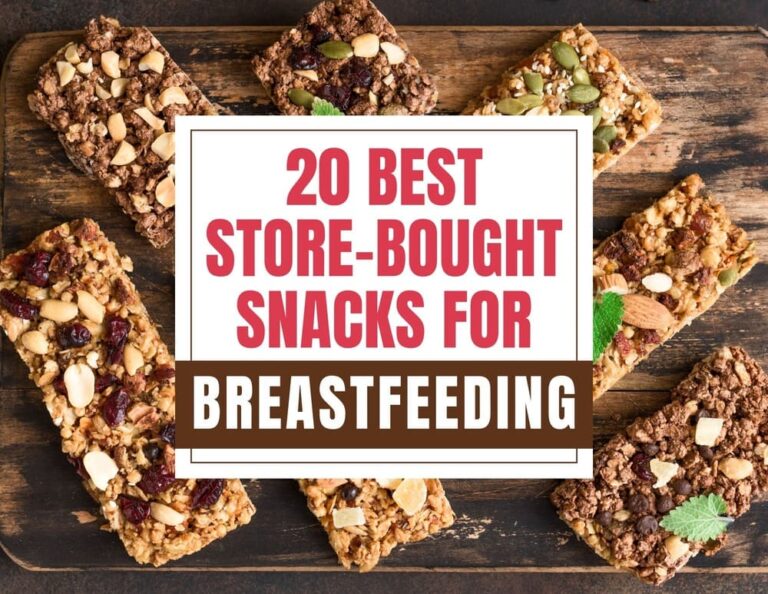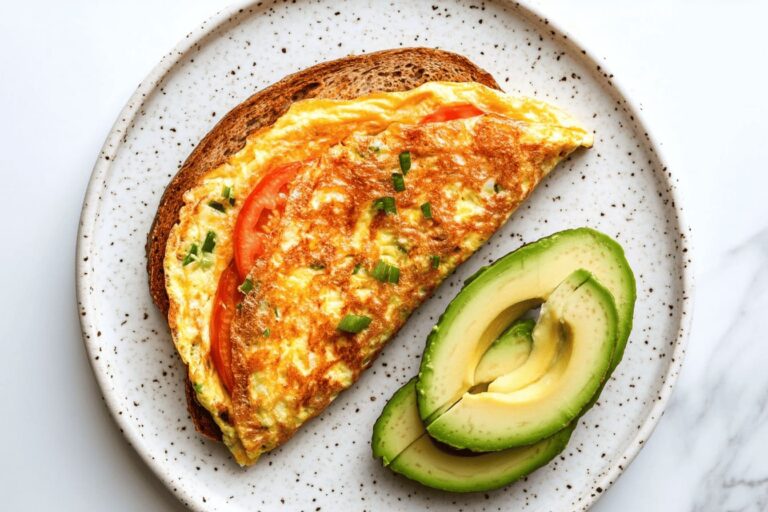Super Easy 85+ Low Glycemic Snacks: Perfect for On-the-Go and Stable Blood Sugar!
This post may contain affiliate links. That means if you click and buy, I may receive a small commission (at zero cost to you). Please see my full disclosure policy for more details.
Worried about spiking blood sugar? Feeling hungry after your low-carb meals? Or maybe those mid-day cravings for something sweet or savory just won’t go away?

Snacking doesn’t have to be stressful, boring or unhealthy.
In fact, with the right low glycemic snacks, you can satisfy your hunger, curb cravings, and keep your blood sugar stable—all while enjoying delicious, easy-to-prepare bites.
Whether you’re managing diabetes, gestational diabetes, or simply looking for healthier snacks, my little list of 75+ options has you covered.
Packed with flavor, nutrients, and variety, these low glycemic snacks are perfect for busy lifestyles and mindful eating. Ready to dive in? Let’s snack smart!
If you prefer something store-bought for convenience, you can check out my review on these 40 low-glycemic packaged snacks from Amazon!
What Are Low Glycemic Snacks?
Low glycemic snacks are basically foods that keep your blood sugar nice and steady.
They’re made with ingredients that have a low glycemic index (GI)—a scale from 0 to 100 that shows how fast carbs in food raise your blood sugar.
Here’s a breakdown of GI ranges:
- Low GI: 0–55 (e.g., nuts, Greek yogurt, and most non-starchy vegetables)
- Medium GI: 56–69 (e.g., sweet potatoes, whole-grain bread)
- High GI: 70+ (e.g., white bread, sugary snacks)
Low GI foods have a score of 55 or less, making them ideal for balanced energy and preventing sugar crashes.
To make things easier for you, I’ve created a glycemic index list of over 650 foods (detailed article here)—from veggies and fruits to seasonings, proteins, and everyday foods and beverages. Yes, 650 foods!
Factors That Influence the GI of Snacks
Now we know it’s important to choose low glycemic snacks, but the glycemic index isn’t set in stone—it can vary based on several factors.
I learned this the hard way. I used to think dark chocolate, with its GI of 23, was the perfect snack.
But when I took a closer look at the label, I discovered added sugar lurking in the ingredients!
That small oversight taught me the importance of always double-checking my snacks.
Here are some key factors that can affect a snack’s GI:
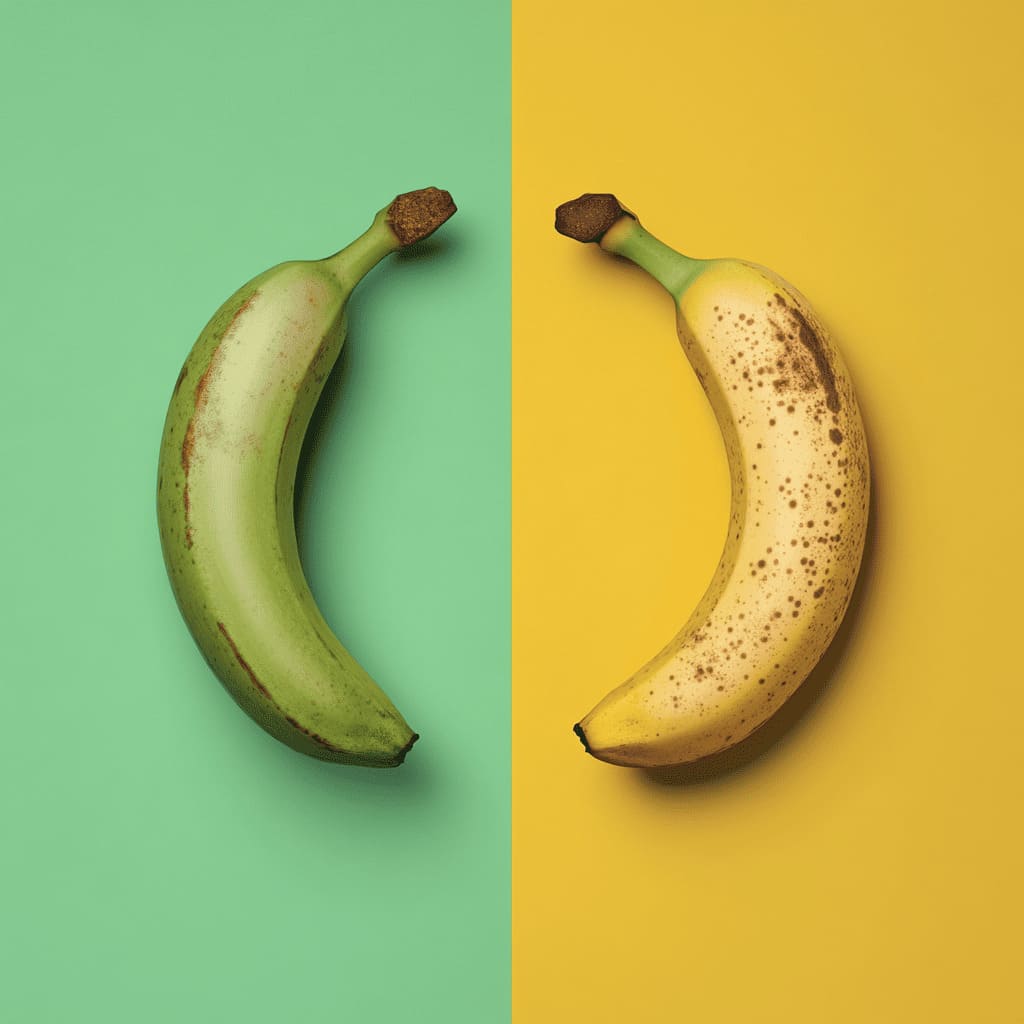
- Processing and Cooking Methods
- Ripeness of Fruits
- Fiber Content
- High-fiber snacks, like chia seeds (GI 30) or whole-grain crackers (GI 58), slow digestion and help keep the GI low.
- Protein and Fat Content
- Pairing carbs with protein or fat lowers the overall GI.
- Think apple slices with almond butter or cheese with whole-grain crackers.
- Added Sugars
- Many snacks marketed as “healthy,” like granola bars or flavored yogurt, sneak in added sugar, which raises the GI.
- Always keep added sugar below 5g per serving and check labels for hidden sugars like “cane syrup” or “fructose.”
- Acidity Levels
- Acidic ingredients like lemon juice or vinegar help lower GI by slowing digestion.
- Type of Carbohydrates
- Simple carbs, like those in sugary cereals, spike blood sugar faster than complex carbs found in whole grains or legumes.
- Portion Size
- Even low-GI foods can cause a blood sugar spike if eaten in large amounts, so portion control is key.
Learning about these factors has made me more careful with my snack choices.
It’s always a good idea to read the fine print on the labels!
Related: 40 healthy store-bought snacks for diabetics – including Greek yogurt, chocolate-covered almonds, air-popped popcorn, string cheese, sugar-free Jello, and more!
Added Sugar 101
The American Heart Association (AHA) recommends limiting added sugar intake to:
- Women: No more than 25 grams (6 teaspoons) per day
- Men: No more than 36 grams (9 teaspoons) per day
Ideally, low glycemic snacks should contain 0–5 grams of added sugar per serving or none at all.
Always check the nutrition label and ingredient list for hidden sources of sugar.
Top 85+ Low Glycemic Snacks for Diabetics
What are good low GI snacks?
Sweet Snacks
- Greek yogurt with chia seeds and a drizzle of honey
- Apple slices with almond butter
- Cottage cheese with mixed berries
- Dark chocolate (70% cocoa or higher)
- Banana slices with peanut butter
- Low-sugar granola with almond milk
- Chia seed pudding with a sprinkle of cinnamon
- Small peach with Greek yogurt
- Whole-grain rice cakes with almond butter and sliced strawberries
- 1 oz dark chocolate-covered almonds
- 1 cup of mixed berries
- Small handful of trail mix (unsweetened)
- Half an avocado with salsa (mildly sweet)
- 2 tbsp peanut butter with jicama sticks
- Radishes with cream cheese (with a drizzle of honey)
- Small pear with ricotta cheese
- 1 slice of dark rye bread with a smear of sweetened Greek yogurt
- Plain kefir with a sprinkle of cinnamon
- 1 oz walnuts with a handful of raisins
- Small handful of sunflower seeds and dried cranberries
- Zucchini chips (baked with cinnamon and stevia)
- Roasted pumpkin seeds with a hint of brown sugar
- Steamed sweet potato slices with almond butter
- 1 hard-boiled egg with a drizzle of honey mustard
- Celery with low-fat whipped cream cheese and raisins (“ants on a log”)
Savory Snacks
- Cucumber slices with hummus
- Baby carrots with guacamole
- Cherry tomatoes with mozzarella
- Whole-grain crackers with cheese
- Avocado on whole-wheat toast
- Sliced turkey with avocado roll-ups
- 1 cup air-popped popcorn with a sprinkle of nutritional yeast
- Edamame (steamed or boiled)
- Handful of roasted chickpeas
- Sliced bell peppers with tzatziki
- Olives and feta cheese
- Guacamole with whole-grain tortilla chips
- Beef jerky (2 oz) with baby carrots
- Pickles with a slice of cheese
- Low-fat string cheese
- Roasted seaweed snacks
- 2 boiled eggs with a handful of spinach
- Cottage cheese with cucumber slices
- Small avocado sprinkled with lemon and salt
- Cauliflower florets with guacamole
- Steamed broccoli with tahini dip
- Hard-boiled eggs with paprika and a pinch of salt
- Celery sticks with peanut butter
- Radishes with cream cheese (savory style)
- Small handful of black olives with a sprinkle of oregano
High-Protein Snacks
- Hard-boiled eggs – 6 grams of protein each.
- Greek yogurt (plain, non-fat) – ¾ cup has around 12 grams of protein; top with nuts or seeds for extra crunch.
- Cottage cheese with pineapple – ½ cup offers 14 grams of protein.
- Edamame (steamed) – ½ cup pods provides 8 grams of plant-based protein.
- Sliced turkey roll-ups
- Beef jerky – 2 ounces contain around 20 grams of protein.
- Roasted chickpeas – ⅓ cup provides 4 grams of plant protein.
- Protein smoothie – Blend unsweetened almond milk, protein powder, and frozen berries for a quick 25+ gram boost.
- Canned tuna – A single 3-ounce can delivers 20 grams of protein; enjoy with 2 whole-grain crackers.
- Low-fat string cheese – Each stick contains about 6-8 grams of protein.
- Hard-boiled egg and spinach combo
- Cottage cheese and almond butter – 18-20 grams of protein per serving.
- Chicken salad lettuce wraps
- Scrambled eggs with cheese – 12-15 grams of protein per serving.
- Lentil salad – ⅓ cup offers 6 grams of plant-based protein.
- Smoked salmon on whole-grain bread – 20 grams of protein.
- Hummus with veggie sticks – ⅓ cup provides 4 grams of protein.
- Tofu bites – Bake or air fry 3 oz for 12-15 grams of protein.
- Roasted pumpkin seeds – 7 grams of protein and plenty of magnesium.
- Parmesan crisps – 10 grams of protein per ounce.
- Egg muffins – 10-12 grams of protein each.
- Chia pudding with protein powder – 15-20 grams of protein, depending on the powder used.
- Tempeh slices – 3 ounces packs 15 grams of protein.
- Cottage cheese with sunflower seeds
- Mini tuna patties – Mix tuna, eggs, and breadcrumbs, then pan-fry for a 20+ gram snack option.
Zero-Carb (or Near-Zero) Snacks
- Hard-boiled eggs
- Cheese slices
- Beef jerky
- Cucumber slices
- Olives
- Avocado slices
- Pork rinds
- Smoked salmon
- Tuna in olive oil
- Bacon strips
- Hard salami
- Grilled shrimp
- Deviled eggs
- Roasted seaweed snacks
- String cheese
- Pickles
- Grilled chicken strips
- Pepperoni slices
- Boiled crawfish
- Sardines.
- Almond butter fat bombs
- Bone broth
- Fried tofu cubes
- Scrambled eggs
- Grilled halloumi cheese
Timing Your Low Glycemic Snacks
Choosing the right low glycemic snacks is great, but timing them well makes it even better.
You don’t want to eat too close to your main meal and spike post-meal blood sugar, or wait too long and risk getting too hungry or your blood sugar dropping too low.
Here are some ideal times to enjoy your low glycemic snacks:
- Between Meals (2-3 Hours After a Meal)
- This is when you’re most likely to feel hungry or have cravings.
- A low-GI snack here will keep you full without causing a blood sugar spike before your next meal.
- Before or After a Workout
- If you’re working out, a low-GI snack with a bit of protein and carbs can fuel your workout without spiking blood sugar.
- Before Bedtime
- A small, low-GI snack before bed, like cottage cheese with a few nuts, can prevent waking up feeling hungry in the middle of the night.
- It also helps maintain steady blood sugar levels while you sleep, reducing fasting blood sugar.
- Whenever You Are Hungry
- Listen to your body! If hunger strikes, choose a low-GI snack to satisfy your cravings without spiking your blood sugar.
Tips for Planning and Prepping Low GI Snacks
I found that keeping my snacking routine simple was key. I filled my fridge with 70% dark chocolate (nothing else) and made it a point to limit myself to just a few squares a day. You can too!
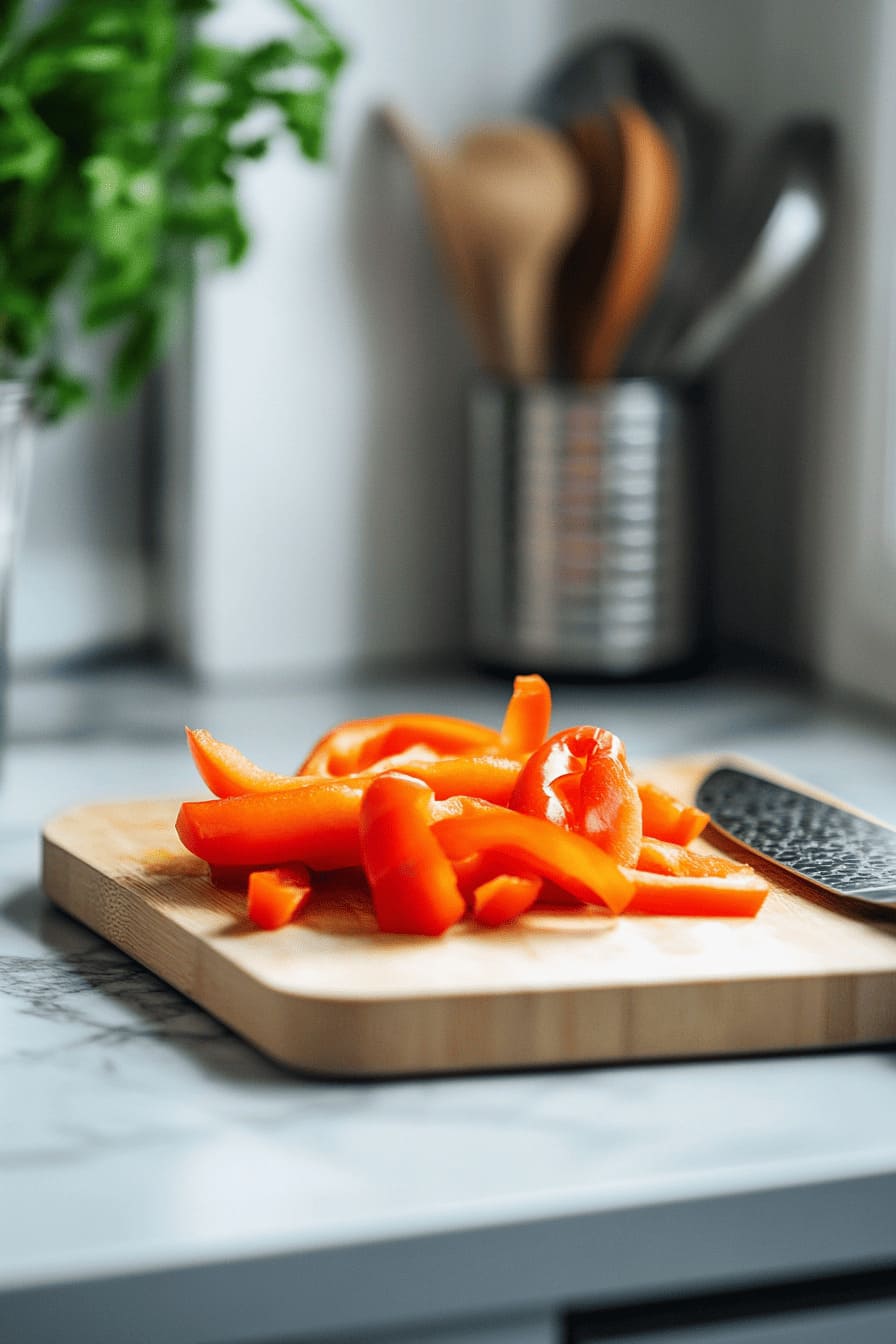
By following these tips, you’ll always have healthy, satisfying low-GI snacks on hand!
- Batch Prep for Convenience
- Spend a little time prepping snacks in bulk, like hard-boiled eggs, roasted chickpeas, or sliced veggies with hummus.
- Portion Control
- Even low-GI snacks can spike blood sugar if you eat too much.
- Pre-portion your snacks in advance using small containers or snack-sized bags.
- Keep Snacks Simple
- Low-GI snacks don’t need to be complicated. Choose easy combos like Greek yogurt with chia seeds or a small handful of almonds for a quick, balanced snack.
- Fill Your Fridge with Healthy Snacks
- Make it easy to make healthy choices by stocking your fridge with grab-and-go snacks.
- When healthy snacks are readily available, you’re less likely to reach for unhealthy options when hunger strikes.
- Prep for Cravings
- If you know you tend to crave something sweet or savory, plan ahead.
- For sweet cravings, go for a small piece of dark chocolate (70% cocoa or higher). For savory, try roasted nuts or a hard-boiled egg with spinach.
Tips for Spicing Up Your Low-GI Snacks
As healthy as these snacks are, I know some of them might seem plain or boring, but with a little creativity, you can boost their flavor and texture, making healthy snacks exciting again!
- Add Fresh Herbs
- Elevate your low GI snacks with fresh herbs like basil, cilantro, or mint.
- Sprinkle them over your avocado toast, Greek yogurt, or hummus for a burst of flavor.
- Season with Spice
- Experiment with spices like chili powder, smoked paprika, or cumin to add a zesty kick.
- Try it on roasted chickpeas, veggies, or even a sprinkle over your scrambled eggs.
- Mix Up the Dips
- Switch up your hummus or guacamole by adding flavors like roasted garlic, lemon zest, or sun-dried tomatoes. Or try a tahini dip for a rich and nutty flavor.
- Roast Your Veggies
- Roasting vegetables like cauliflower, zucchini, or bell peppers with olive oil and spices brings out their natural sweetness while giving them an irresistible crispy texture.
- Sweeten Naturally
- For sweet snacks, try adding a sprinkle of cinnamon or nutmeg to your yogurt, chia pudding, or apple slices.
- Nuts with a Twist
- Roast your nuts with cinnamon and a pinch of sea salt or try a savory blend with garlic and rosemary.
- You can also coat them lightly with cocoa powder for a chocolatey touch.
- Experiment with Flavored Oils
- Use flavored olive oils, like chili-infused or garlic-infused, to drizzle over your veggies, popcorn, or avocado toast. It adds a gourmet touch to your simple snacks.
- Try Fruit and Cheese Combos
- Pair fruits like pears, apples, or berries with a slice of sharp cheese or a smear of ricotta. The contrast between sweet and savory creates a balanced snack.
- Add a Crunch Factor
- Throw a handful of sunflower seeds, pumpkin seeds, or chia seeds on top of your yogurt or salads for an extra layer of crunch and nutrition.
- Use Nut Butters Creatively
- Spice up your almond or peanut butter with a pinch of cinnamon, cocoa powder, or even a drizzle of sugar-free chocolate sauce.
- You can use it on apples, toast, or simply as a dip!
Final Thought
Low-glycemic snacks are a game-changer for keeping your energy steady, managing hunger, and supporting balanced blood sugar levels.
Whether you’re looking for sweet or savory options, the key is choosing snacks that align with your nutritional needs and lifestyle.
With the right planning, creativity, and timing, you can turn simple snacks into satisfying mini-meals that fuel your day.






